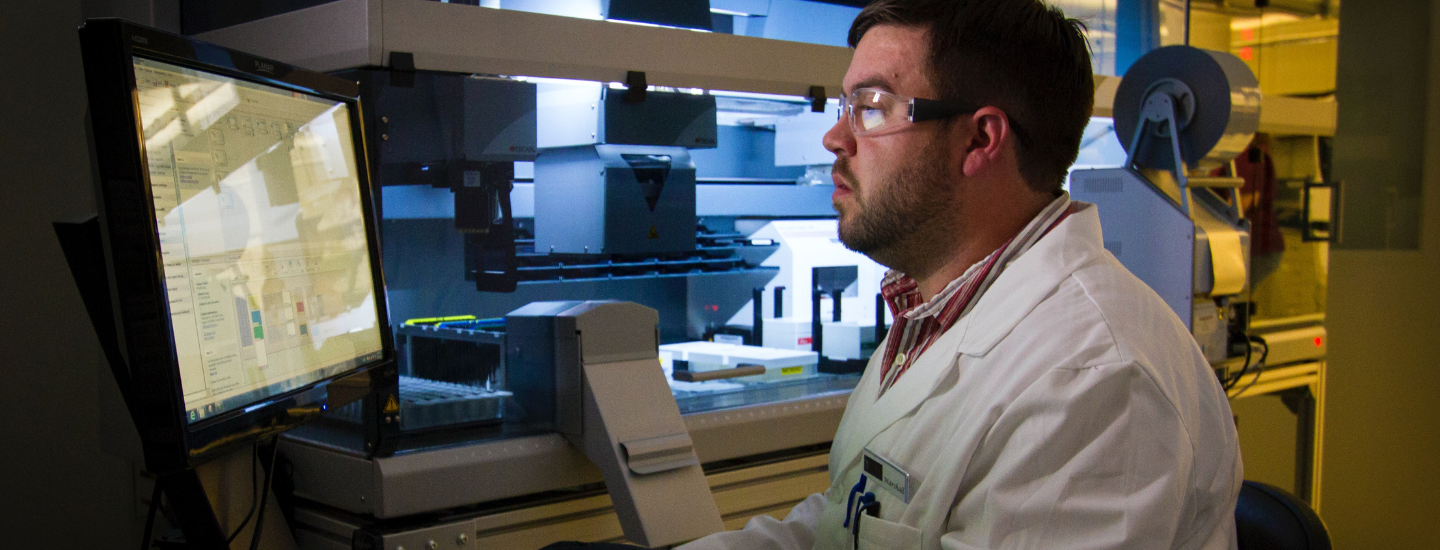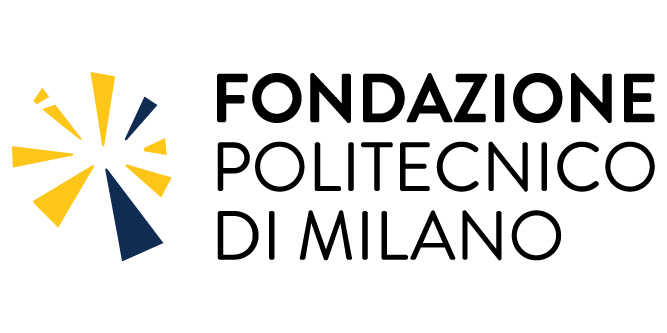Italian Rare Cancer Network
Improving the treatment of rare adult solid tumours in Italy
September 2018
- January 2022

The initiative
RTR (Rete Tumori Rari – Rare Tumour Network) is a network for permanent cooperation among professionals at oncology centres across Italy to improve the quality of treatment provided to patients with rare adult solid tumours, and reduce the need for them to travel long distances for medical treatment.
RTR means that individual clinical cases can be managed jointly by oncologists at different medical institutes, sharing and optimising the multidisciplinary expertise developed within Italy’s national centres of reference for the treatment of these rare cancers.
This outcome is made possible through:
• Remote sharing of clinical decisions (via a digital platform).
• Rationalisation of diagnosis and treatment resources offered to patients.
• Definition and implementation of shared clinical practice guidelines.
• Organisation of distance learning and online discussion events for healthcare professionals.
Project objectives:
- Improve RTR’s quality system as well as the process of defining clinically appropriate diagnostic and therapeutic care.
- Improve patients’ access to the most appropriate treatment for rare solid tumours and reduce the percentage of patients who have to travel long distances for treatment.
- Promote clinical and translational research into rare adult solid tumours.
With many pathology networks being set up nationally and internationally, and especially with the establishment of Italy’s national network for rare tumours, RNTR (Rete Nazionale Tumori Rari), to which RTR belongs as a professional network, and recognising that RTR’s current IT system is now obsolescent, the partners decided to design this project around the new RTR digital platform, currently under construction, and to use this experience to guide future digital support within the wider RNTR network.
The role of the Foundation
Fondazione Politecnico di Milano is a partner in the initiative
Technical details
All work on the project was conducted through regular periodic meetings where partners shared the strategies adopted.
The first phase was based on brain-storming sessions during which the partners defined the possible strategies to study. The partners then began working on their designated tasks under the coordination of INT (Italy’s national institute for tumours), while continuing to interact closely. RTR’s technological and organisational evolution was managed through an integrated and systematic approach, where the following methods were deployed:
- Business Process Reengineering (BPR), to analyse and redesign the process. This approach made it possible to elaborate new proposals for provider-user cooperation to be integrated within RTR’s new ICT platform, which is currently being developed.
- Assessment of the performance of both the process and the management of the various operations and actions. Key Performance Indicators (KPIs) were used for this purpose, determining a conceptual model to monitor the operations, and implementing cost-efficiency indicators to evaluate various operating processes and RTR’s impact on Italy’s national health system.
- Assessment of the shared decision-making process for patients and healthcare operators, by measuring psychological variables that influence how the process is applied.
First results
The current process flows were examined and mapped during the first part of the project, as was the ICT system in long-time use at RTR. These analyses brought to light the RTR network’s requirements and those of its supporting ICT system, focusing specifically on the functions to be implemented that would be needed operationally for the network and for monitoring its appropriateness on a continuous basis.
The indicators measuring clinical appropriateness were also defined, together with the methods for collecting efficiency indicators (for example, the volumes managed, patient and healthcare operator satisfaction, indicators concerning the distance patients travel for treatment) and indicators of cost (for example, social costs linked to patients traveling for treatment or to provide psychological support to patients).
Two papers have been presented at the IADIS International Conference on e-Health, one at the 11th conference in July 2019 and the other at the 12th conference in July 2020. The second article described the methodological approach used to identify the network’s needs and the functional requirements for the relative ICT system. Both articles were published in the Conference Proceedings.
The project’s partners have steered the work to create the new RTR platform on the basis of data elaborated in the first phase of the project. The platform is currently at the test stage and will be used by the centres in the RTR network from spring 2021. We expect the platform to join the pool of digital resources used by RNTR (Rete Nazionale Tumori Rari).
Lastly, a multi-centre observational study is being run within the project to assess the perception, satisfaction and reaction of patients and doctors to referral specialists using RTR as their teleconsultation environment.
Publications
Financial supporters





